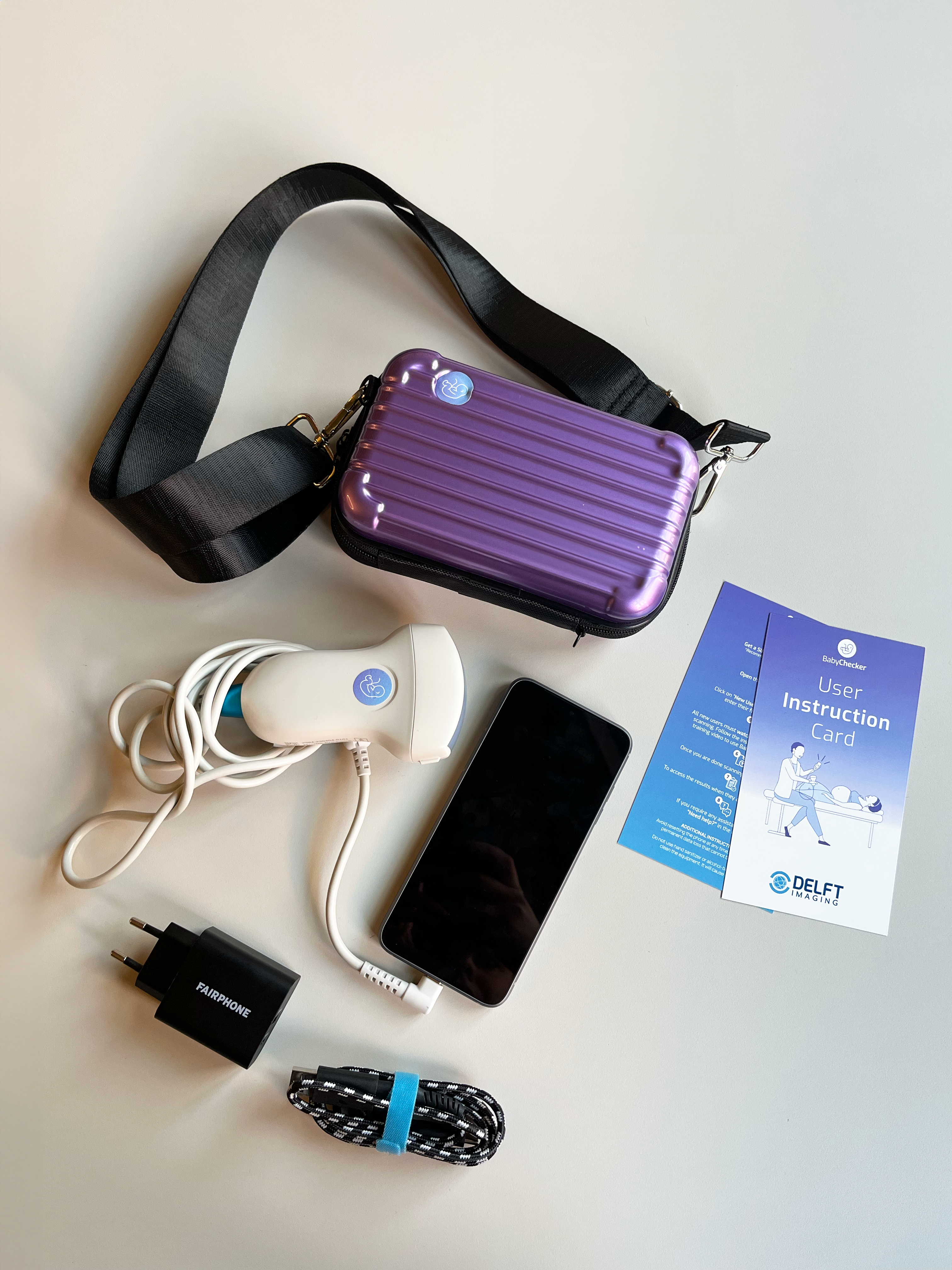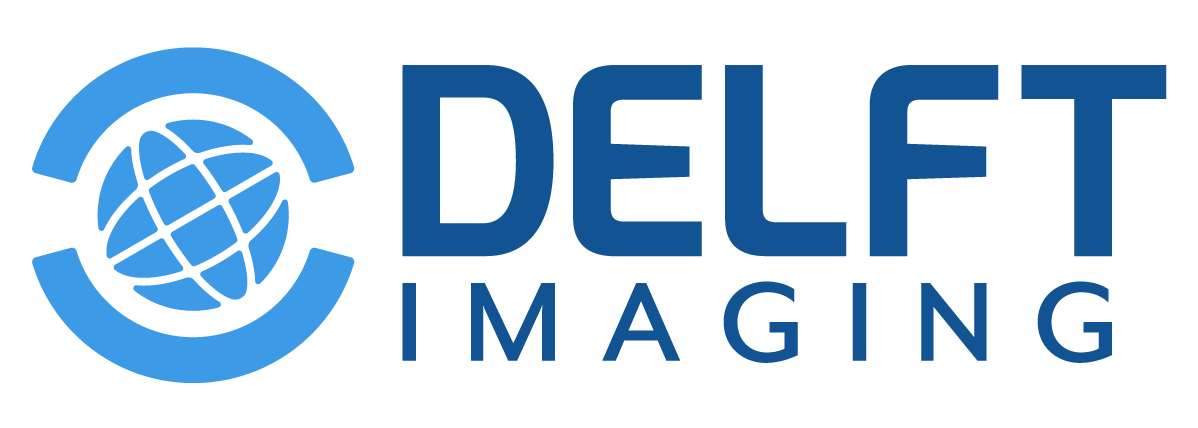“In a world where every two minutes a woman or girl dies during pregnancy, childbirth or its aftermath – as our latest data attest – the midwife is always the hero of the story,”
– UNFPA Executive Director Dr Natalia Kanem has said.
“Think of a midwife: what comes to mind? Excellent teamwork, competence, good judgment and caring. Hallmarks of the profession – traits that underpin the best of humanity that will surely help create the peace we seek.”
Midwives are the heroes of millions of stories. An indispensable part of their communities, they are often the first responders in times of crisis. Serving as the primary healthcare provider for women and girls in remote communities, they deliver essential sexual and reproductive health services and information, including family planning. In any setting, skilled midwives can provide 90 percent of all necessary sexual, reproductive, maternal, and newborn health services. [1]
A global shortage of nearly one million midwives, coupled with a lack of international commitment to invest in their training, development, and support, severely limits their reach and endangers the women and girls dependent on their care. Despite the chaos and destruction caused by disasters, midwives provide critical assistance to women in labour, often delivering babies without electricity and supporting emergency caesarean sections with doctors on call. Supporting midwives is vital for healthcare and strengthening our response to climate change.
Therefore, it is vital to develop innovative solutions that strengthen the adaptation and resilience of health workers and community health. Delft Imaging is invested in empowering midwives and frontline healthcare workers by creating solutions that support the essential needs of communities. Our company has developed an AI-enabled ultrasound, BabyChecker, which helps health workers identify critical parameters in antenatal care.
Low- and middle-income countries bear the brunt of poor birth outcomes, with climate change worsening these disparities [2]. In Ethiopia, years of conflict, drought, and recent flash floods have severely disrupted essential health services, including maternal care. The UNFPA reported that over 260,000 pregnant women in the Somali region, many displaced and facing acute undernourishment, are struggling without basic healthcare as they migrate in search of water, food, and pasture [3].
As we cannot rely on access to hospitals or the resilience of health facilities in the face of climate crises, midwives and frontline health workers must be properly equipped to deliver their lifesaving services wherever they go.
Ultrasound continues to be the heart of the pregnancy journey because it can identify high-risk pregnancies early, allowing clinicians and families to plan and mitigate risks. In one study, researchers estimated that foetal deaths declined by 20% after ultrasounds were introduced.
As we navigate the increasing challenges posed by climate crises, the need to equip midwives and frontline health workers with practical tools becomes ever more urgent. BabyChecker is one such solution specifically designed for low-resource settings where access to hospitals and advanced medical care can be severely limited. This AI-enabled ultrasound equips health workers to screen potential risks within minutes and with no prior training in ultrasound. For communities where floods, droughts, and conflicts disrupt healthcare services, BabyChecker offers a critical means of ensuring that expectant mothers still receive the care they need.

The introduction of BabyChecker in community health centres across various countries has already shown promising results in improving maternal health outcomes. By empowering health workers with innovations, we can help bridge the gap in healthcare access, particularly in regions hardest hit by climate disasters. As the world continues to face the dual challenges of healthcare inequity and environmental crises, tools like BabyChecker are not just innovations but essential components in the ongoing effort to protect the lives of women and girls globally.
